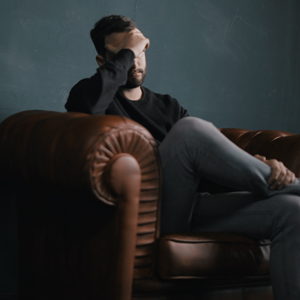Why should I feel 'bad' emotions?
© Paul Wilson for Auckland Therapy Blog, 19 Mar 2018
 Good and bad emotions?
Good and bad emotions?
Few of us would disagree that emotions like happiness and excitement are valuable. It’s the emotions of fear, sadness, and shame that get labelled as ‘bad’ or ‘negative’ because they are unpleasant. It’s pretty easy to get the impression that we should try to avoid feeling ‘bad’ emotions. Why would anyone want to feel these if they didn’t have to?
Social signals
Humans are fundamentally social animals, and we don’t do well when we are isolated or alone. We need good relationships to truly thrive and especially to cope when life hits us with a curve ball. Our emotions have a central role in helping to both form and maintain our intimate relationships. Each of the following emotions has a distinct role to play:
- Fear is intended to help us avoid harm to our relationships in the first place. It helps us to avoid offending or hurting people through not paying enough attention and being unwittingly careless.
- Shame is intended to help us recognise when important social bonds have already been harmed. It helps us realise the disapproval of others due to having not met their expectations of us. Given the central importance of relationships to human survival, shame can be powerfully unpleasant and is intended to motivate us to repair the weakened bonds. Expressing our shame also signals to others that we are aware of the damage done and want to fix it which is an important first step in the repair process.
- Sadness is intended to make us pay attention to loss after the fact. It helps us to recognise the true importance of what was lost, and to motivate us to figure out how to avoid it in the future. Expressing our sadness also signals to others around us that we are hurt and that we need support and comfort.
Relationship wellbeing
If we try to avoid feeling fear, shame, or sadness, then we lose out on their important functions in preserving and strengthening our relationships. So while some emotions don’t feel ‘good’, they are all important for our long term well-being.
